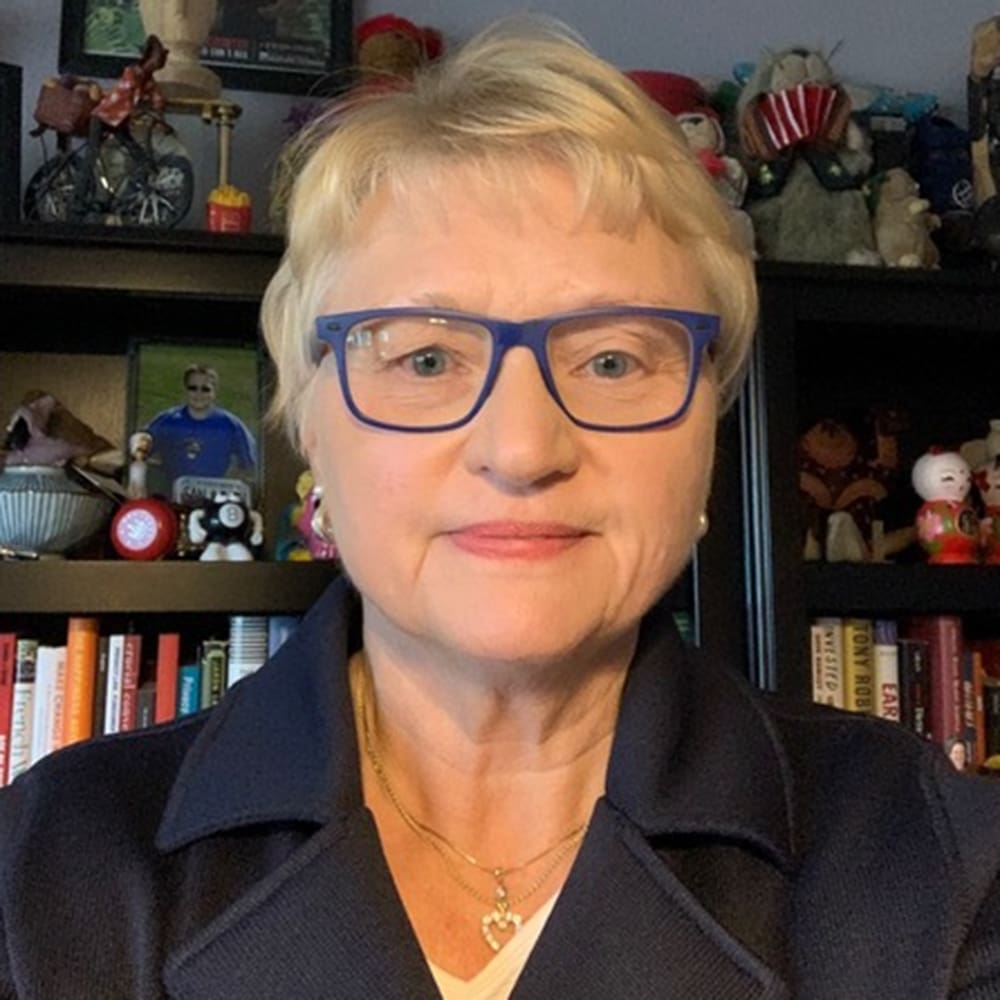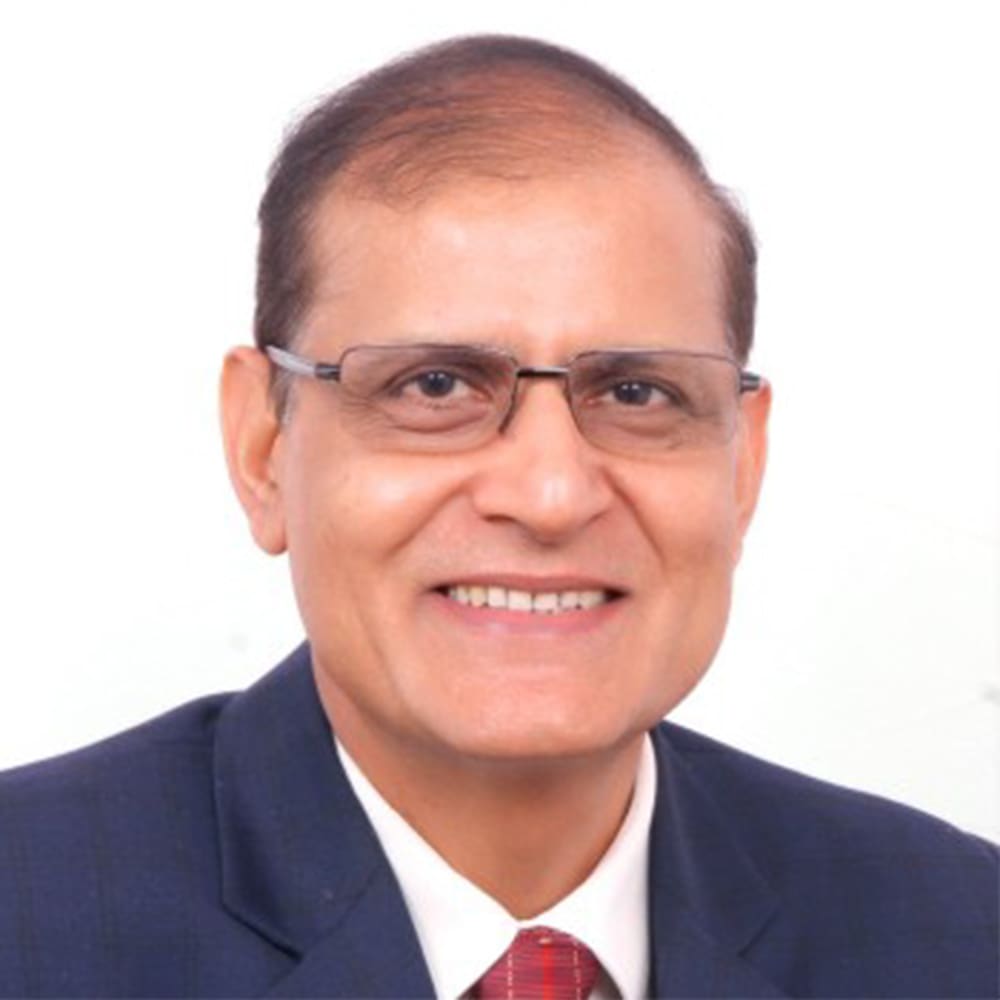Agenda
If you are interested in the Science Summit at United Nations 79 General Assembly and IEEE, learn more about the sessions that IEEE hosted:
Session 1: Pathways to Progress: Building Rural Connectivity to Meet the SDGs
Wednesday, 11 September 2024 | 7:00 PM ET - 9:00 PM ET | Virtual
Rural connectivity, enabling access to reliable internet and telecommunication services is a key enabler for achieving the UN’s Sustainable Development Goals. Achieving these goals requires leveraging technology to connect underserved populations to facilitate access to information, education, healthcare, economic opportunities, and essential services. It requires a holistic approach that converges policy, infrastructure development, application deployment, global standards implementation, and open-source solutions to bridge the digital divide and foster inclusive growth in rural communities.
Learn More About Session 1
In the quest to implement the UN Sustainable Development Goals (SDGs), the enhancement of rural connectivity stands as a pivotal challenge, especially in underdeveloped and developing regions. This session will explore the role of standards and open-source technologies in transforming rural connectivity to enable better alignment with the SDGs. Experts will discuss how open-source and standards-based solutions can provide adaptable and sustainable technology options that empower rural communities, foster digital inclusivity, and facilitate access to education, healthcare, and economic opportunities.
By analyzing various case studies where open-source platforms have been successfully integrated into rural connectivity projects, for example the Bolo Project in India, the session will illustrate the potential for standards and technologies to be used to catalyze social and economic development. The discussion will also tackle the technical and logistical challenges involved in deploying technologies in less accessible areas, including issues of maintenance, scalability, and communication engagement.
Additionally, the session will discuss strategies for leveraging open-source technologies to build resilient infrastructure that supports rural development and ensures sustainable, inclusive growth. Emphasis is placed on the critical role of standards development leveraging multi stakeholder collaborations involving a diverse group of stakeholders to achieve a cohesive approach to address rural connectivity.
The session aims to provide a blueprint for leveraging standards and technology to not only bridge the digital divide but also to make substantial progress toward the realization of the SDGs in rural settings.
Program
Welcome
Constance Weise, IEEE Standards Association
Keynote
Tom Coughlin, IEEE President 2024
Panel 1: Policy and Regulatory Aspects of Rural Connectivity
Panelists will discuss sustainable rural connectivity through innovative policies and regulations.

Andres Navarro Cadavid
Coordinator of the CENIT Research Center for Technology in Health, Universidad Icesi
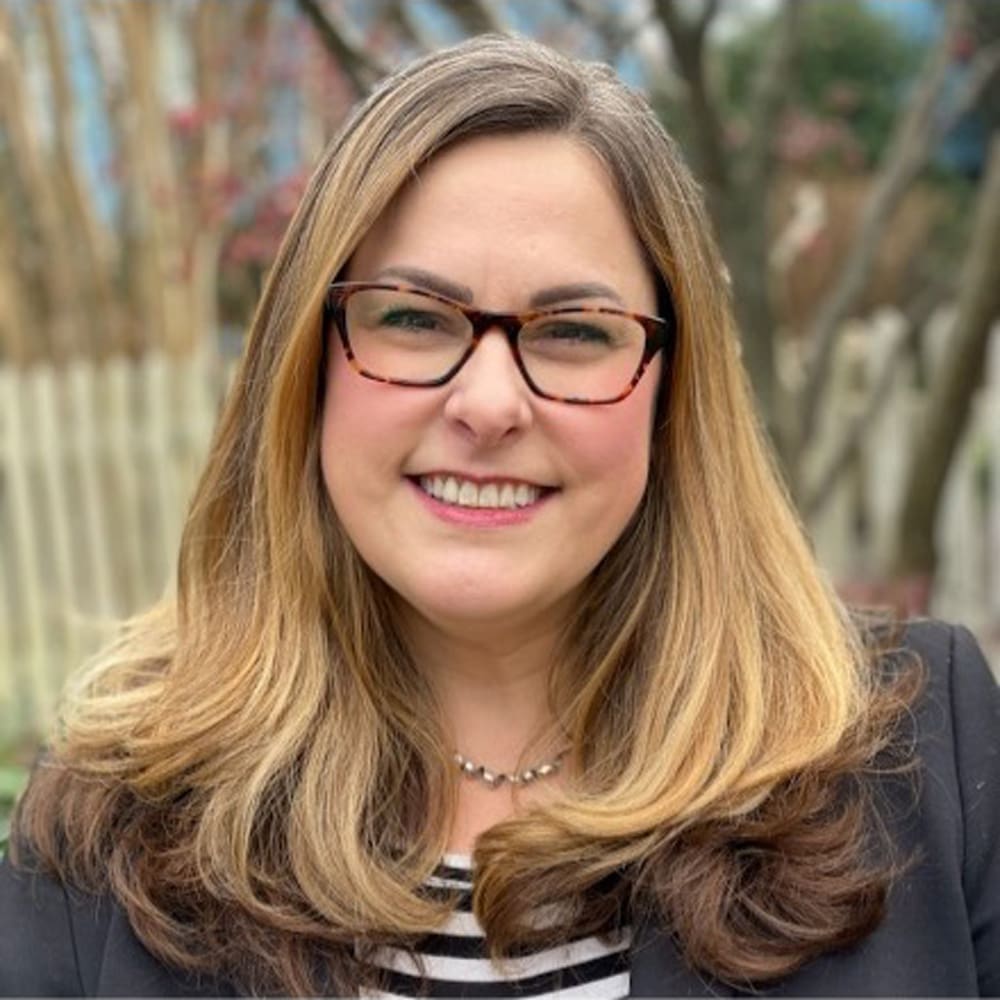
Susannah Spellman
Deputy Associate Administrator, Office of Internet Connectivity and Growth, NTIA, Dept of Commerce, USA
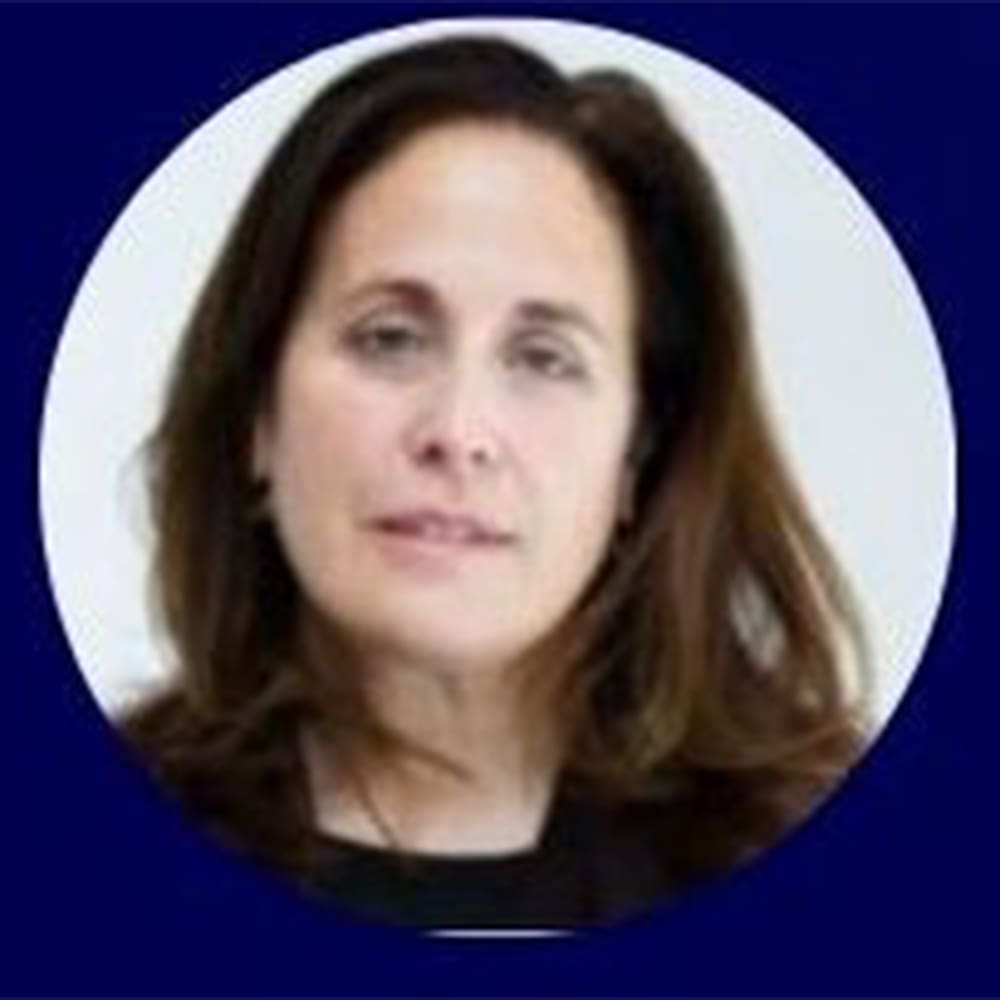
Jane Coffin
ITU Giga Project
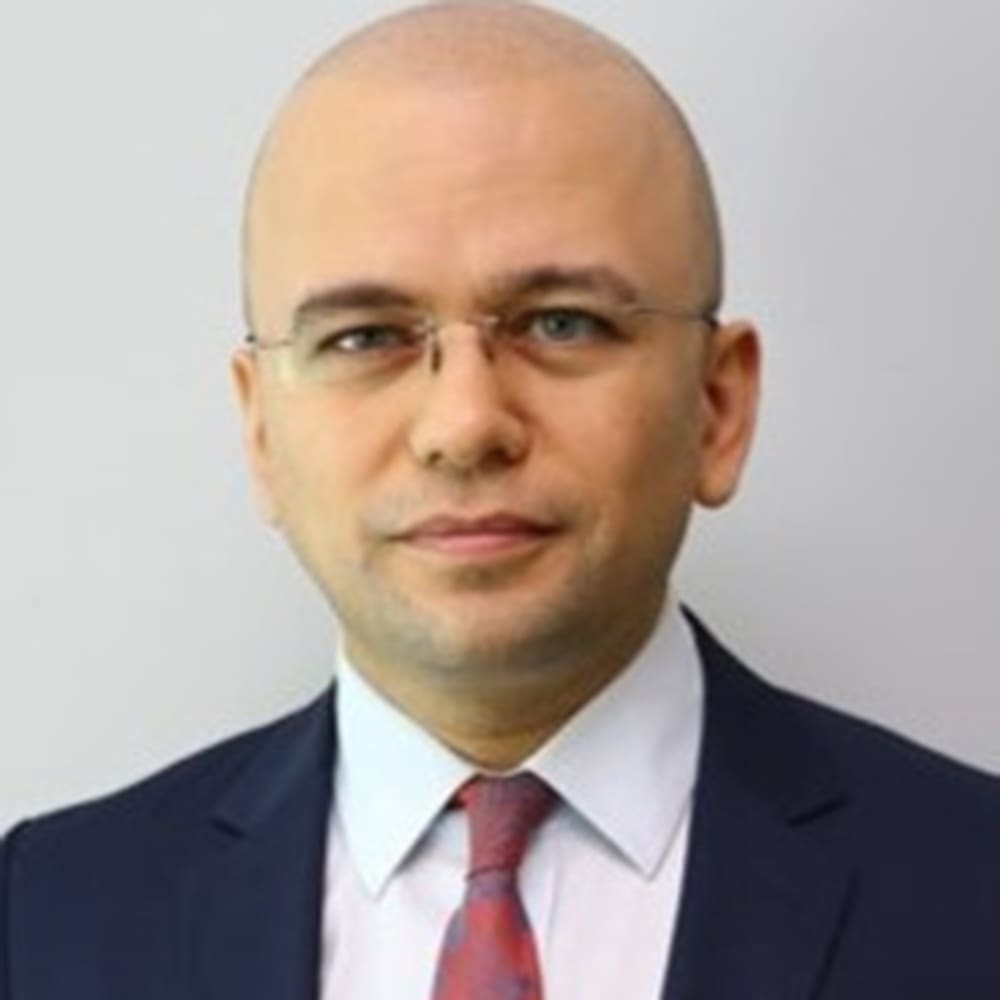
Mr. Afsin BUYUKBAS
Head of Spectrum Management of Information and Comm. Technologies Authority of Türkiye
Panel 2: Infrastructure, Application and Use Cases Relevant to Rural Connectivity
Panelists will discuss the creation and utilization of broadband infrastructure in rural areas through innovative applications and use cases.

Talant Sultanov
Global Digital Inclusion Partnership (GDIP) for the Women in Digital Economy Fund (WinDEF)
Panel 3: Standardization and Open-Source Importance to Rural Connectivity
Panelists will discuss the role of standards and open-source projects to meet rural connectivity needs.
 Josh Gay
Josh GayModerator
Senior Manager IEEE Standards Association Open Source Communications and Infrastructure
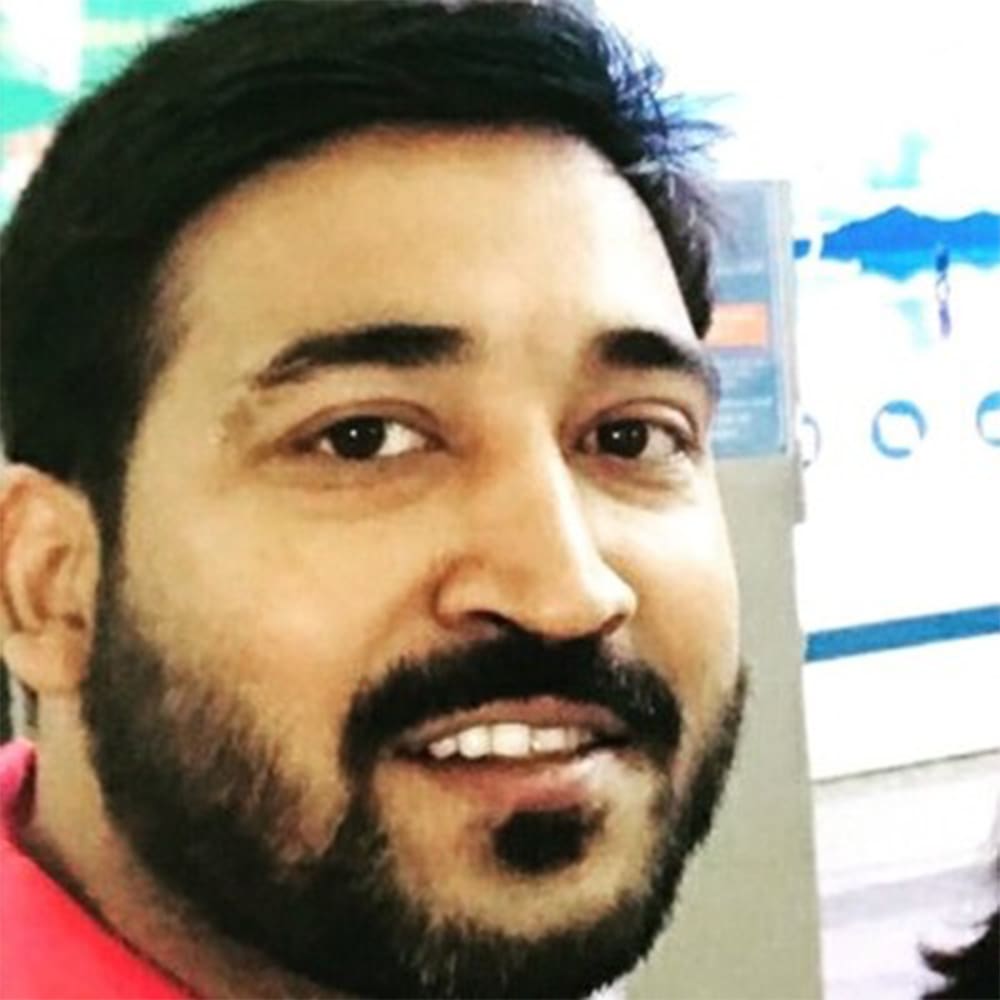
Sandeep Agrawal
Administrator (PM-WANI Central Registry) Centre for Development of Telematics (C-DOT) India
Closing Remarks
Constance Weise, IEEE Standards Association
Session 2: Sustain Mobility Framework Collaborative Paths to Sustainable Mobility
Monday, 16 September 2024 | 7:00 PM ET - 9:00 PM ET | Virtual
This session is focused on integrating sustainable mobility into the global agenda and how individuals can contribute to driving positive change for the environment, society, and future generations. By collaborating with ecosystem stakeholders, leveraging standardized assessment frameworks, and aligning with global sustainability goals, participants can advance sustainable practices within the transportation sector starting in their own organizations.
Aligning with UN SDGs and championing sustainability can yield profound benefits for society and humanity. These efforts stimulate innovation, address urgent global challenges, and pave the way for a more sustainable and equitable world.
Learn More About Session 2
The transportation sector stands at a critical juncture in the global fight against climate change. Responsible for over 20% of global CO2 emissions, this sector demands urgent and collective action to mitigate climate risks and align with global sustainability goals. The IEEE “SustainMobility” initiative, running from January 2024 to December 2025, aims to address these challenges by fostering ecosystem-wide collaboration and introducing a holistic impact assessment framework for sustainable mobility systems.
The Need for Collective Action
Despite the adoption of the United Nations’ Sustainable Development Goals (SDGs), uncertainties persist regarding the achievement of CO2 reduction targets within desired timeframes. This situation necessitates a shift from individual company objectives to ecosystem-wide cooperation aimed at significantly reducing global climate risk. The IEEE “SustainMobility” initiative is a holistic, SDG-based impact assessment approach that complements and harmonizes existing ad hoc initiatives, enabling systemic change within the mobility sectors. Mobility companies operate in a landscape of stringent global regulations that have a major influence on their business models and technology designs. Standardized criteria and assessment guidelines to measure the impact of their investments in climate change are essential. Transformative change extends beyond technology alone; it encompasses ownership models, energy efficiency, and social considerations. Mobility is not considered a luxury; it is viewed as a fundamental human need and a cornerstone of economic systems. Embedded pilot projects within certified testbeds trusted by regulators can be used to validate options leveraging the suggested impact assessment framework for sustainable mobility systems. Without seamless integration, the transport sector will face fragmented efforts and missed targets. The establishment of a consistent approach for assessing the impact of sustainability initiatives, prioritizing use cases, and facilitating the development of assessment tools to drive systemic change is sought by our proposed framework. The principal actors, including TÜV SÜD, testing, inspection and certification institutions, and representatives from the Global South, are brought together by IEEE in its role as a convenor. The aim of this activity is the establishment of a holistic impact assessment framework for sustainable mobility systems, which will integrate sustainable practices across the global transportation sector. Access to standardized impact assessment framework methods and tools to evaluate sustainable mobility systems while fostering clarity and consistency in how to measure value contributions will be offered by participation in the session. Engagement in research and development activities promotes innovation, market differentiation, and competitive advantage. However, limited resources of each contributing organization require alignment towards global sustainability goals, and bundling resources through a framework leads to a more effective outcome of sustainable initiatives.
- Establish a consistent approach for assessing the impact of sustainability initiatives.
- Prioritize use cases and facilitate the development of assessment tools for systemic change.
- Foster ecosystem-wide and cross-sector collaboration Transform mobility and reduce global climate risk by meeting CO2 reduction targets on a net-zero pathway.
- The proposed framework aims to standardize the evaluation of sustainability initiatives in the mobility sector, aligning with SDGs and focusing on key areas.
Speakers

Dr. Céline Bilolo
Chief Sustainability Officer, TÜV SÜD
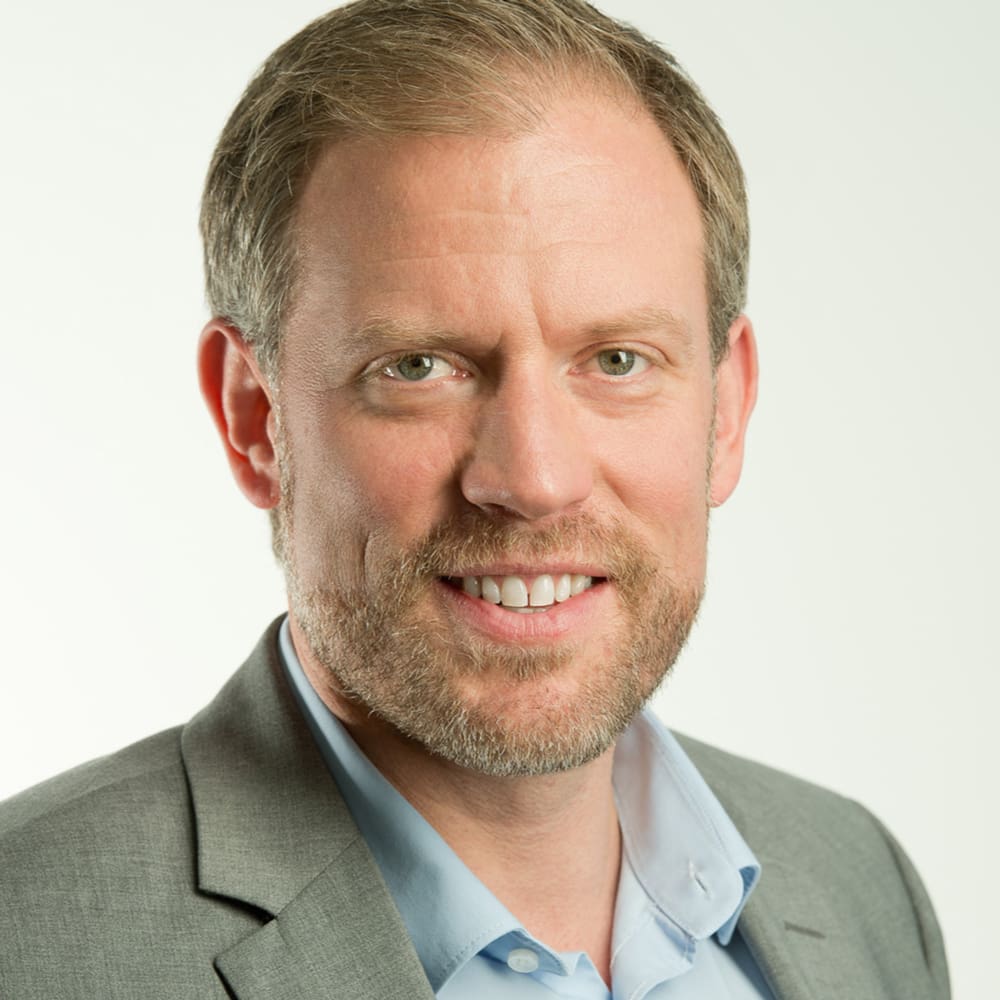
Alexander Kraus
Chief Technology Officer in Mobility, TÜV SÜD

Dr. Elena Diekmann
Co-Founder, Pluumo

Dr. Joachim Taiber
Managing Director of International Operations, IAMTS
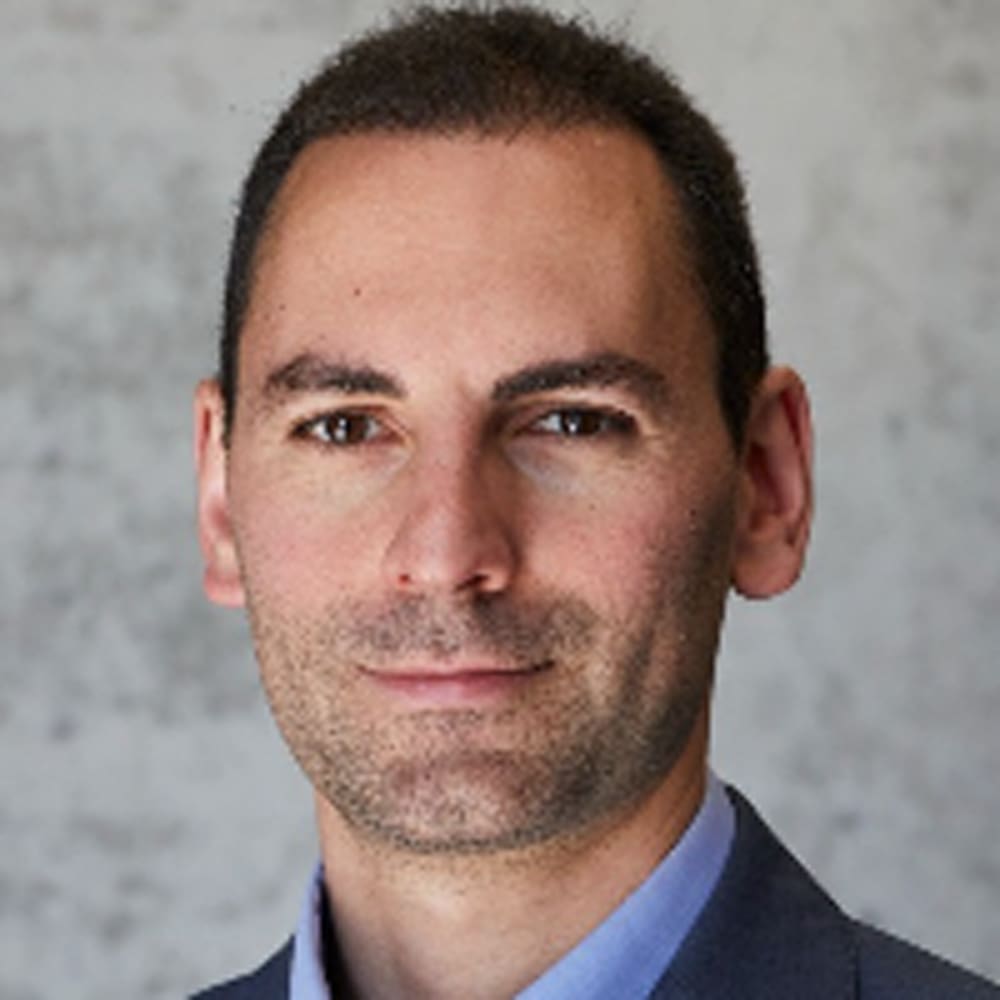
Dr. Aleksandar Damyanov
Technical Manager, Green NCAP
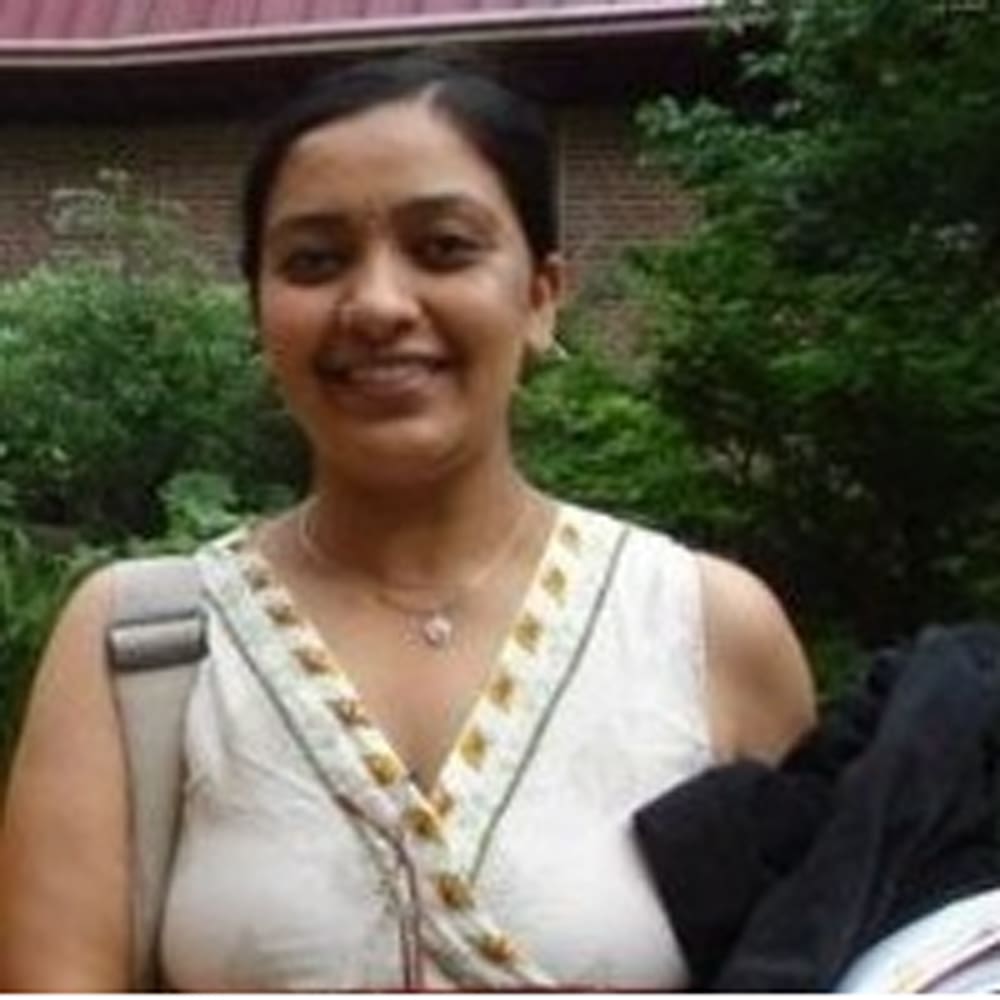
Dr. Himani Jain
Senior Programme Lead (Mobility), CEEW
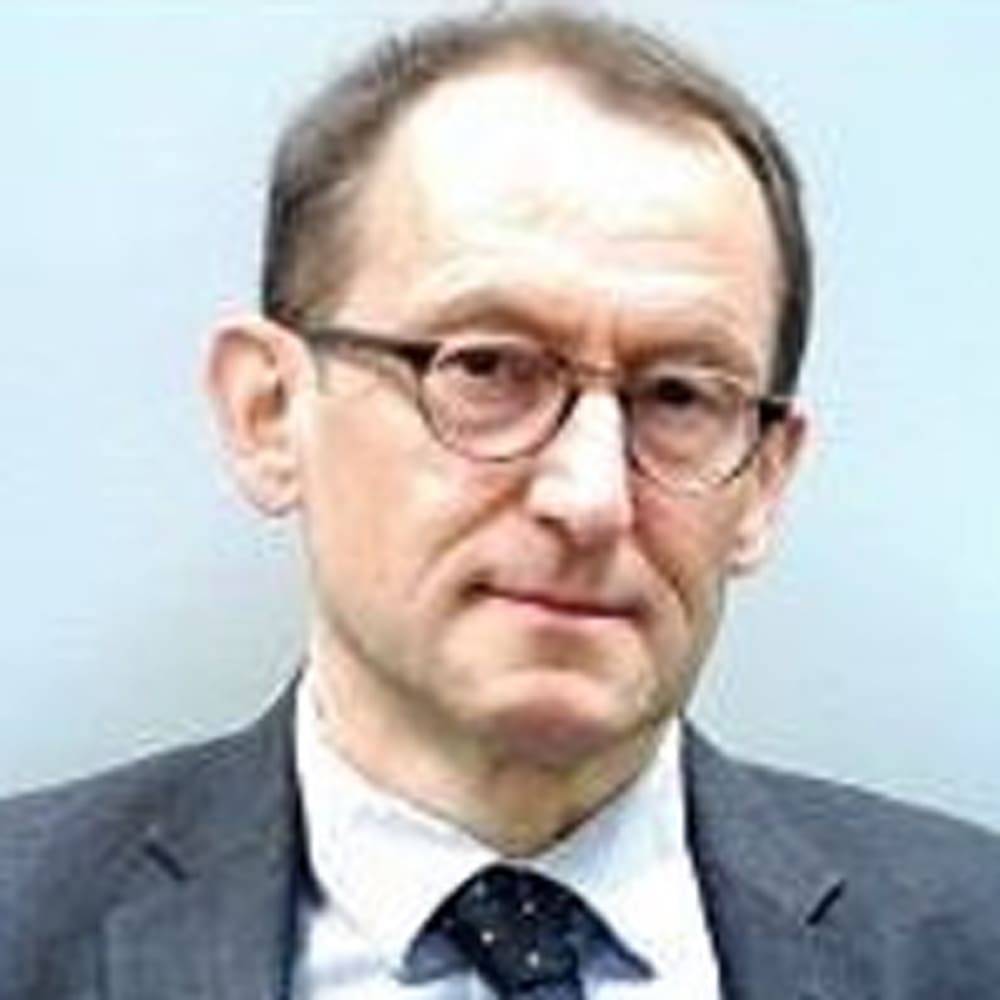
Dr. Hermann Brand
European Standards Affairs Director, IEEE SA
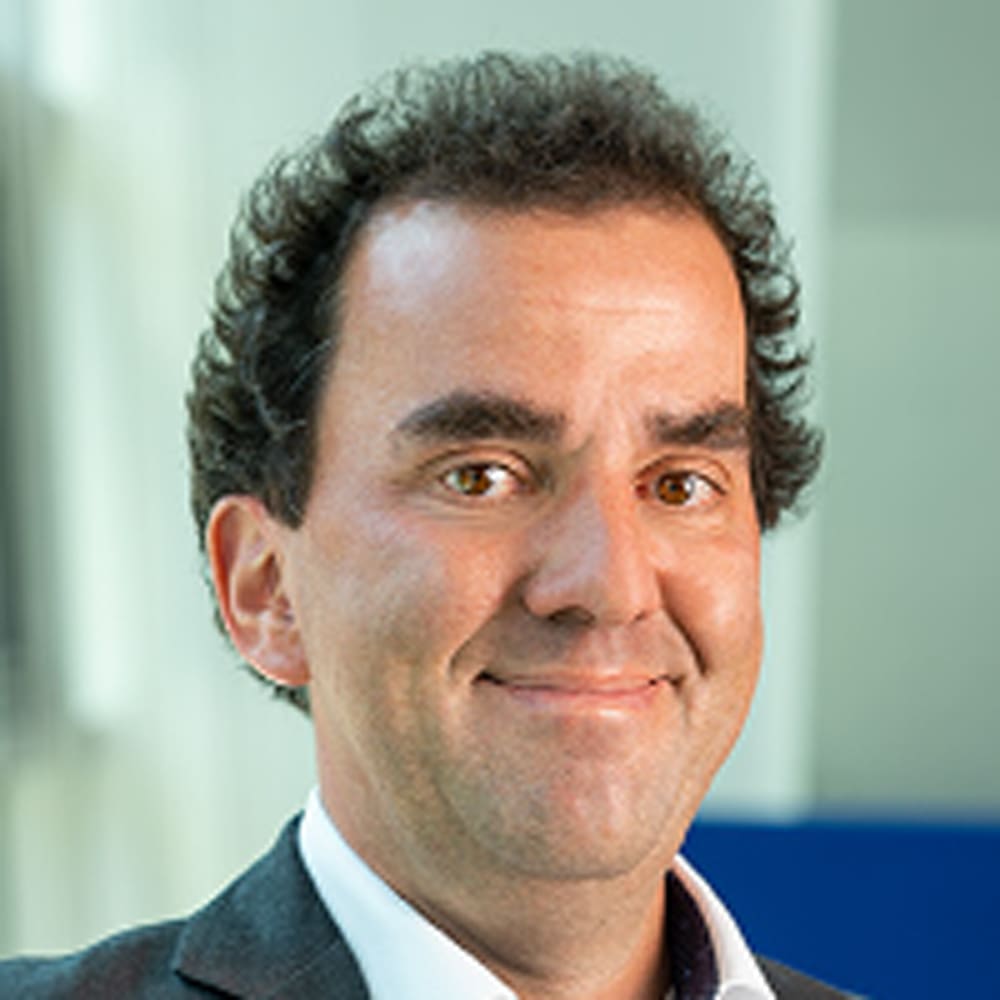
Pascal Mast
Director of Sustainable Technology, TÜV SÜD Mobility
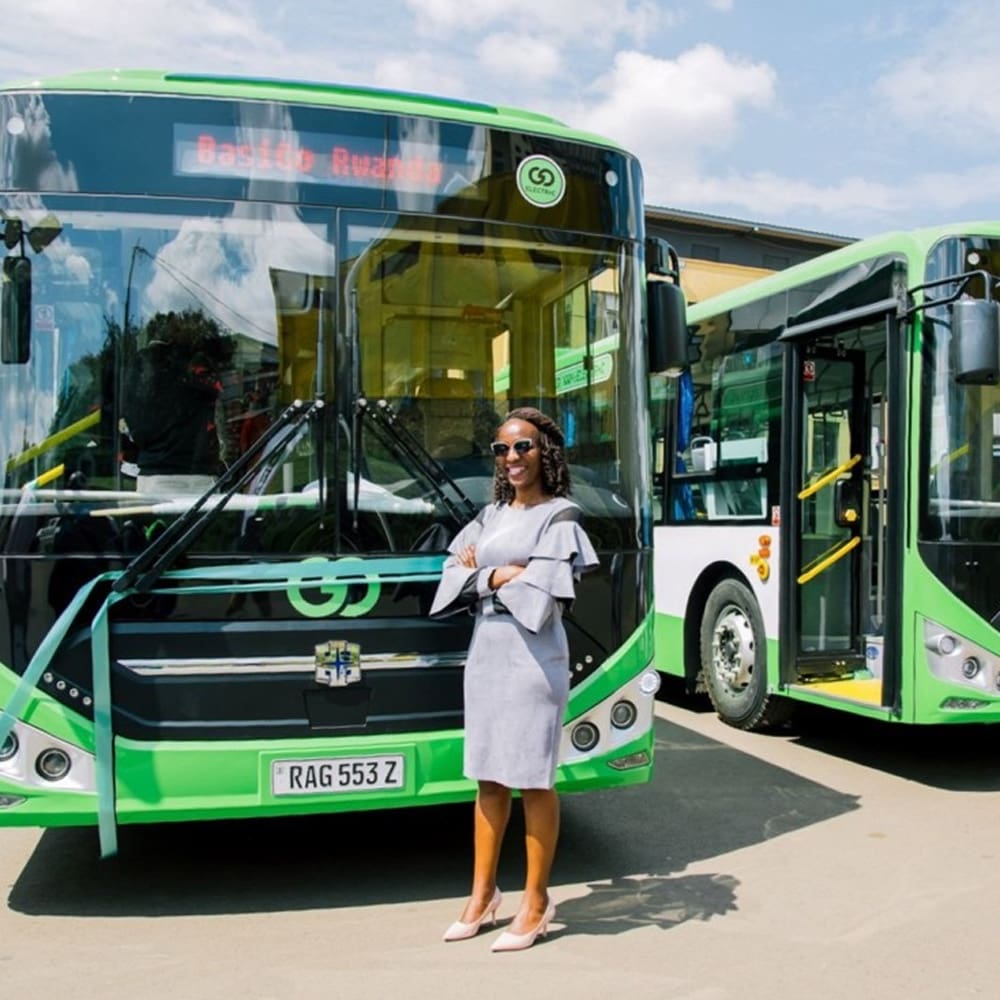
Doreen Orishaba
Managing Director, BasiGo Rwanda
About the UN Science Summit
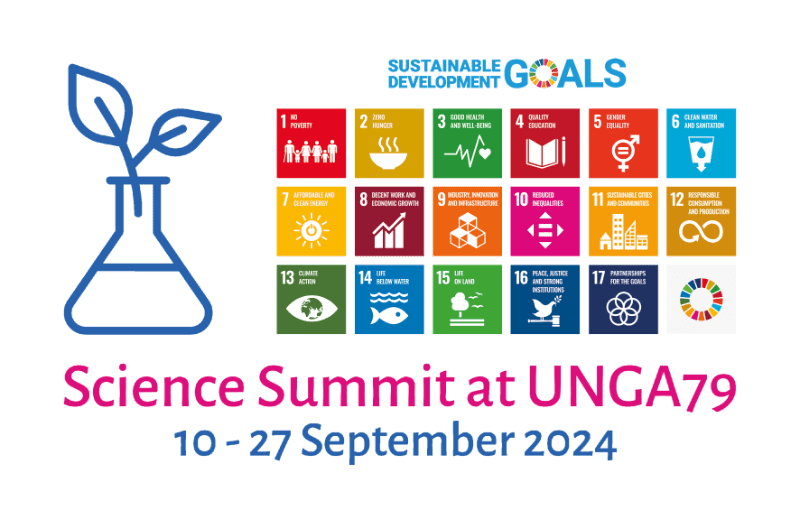
The Science Summit during the United Nations General Assembly (UNGA) is a premier global event that unites thought leaders, scientists, policymakers, and innovators to address the most pressing scientific and technological challenges of our time.
Key focus areas include climate action, One Health, biodiversity, food systems, artificial intelligence, science philanthropy, quality education, affordable and clean energy, indigenous knowledge, and more. This year, the Summit will place a special emphasis on the Africa Science Leadership Coalition, which was launched at the UN Civil Society Conference on May 9, 2024, to promote African leadership in science policy decision-making.
By bringing together diverse perspectives and expertise, the Science Summit at UNGA79 not only underscores the critical role of science in sustainable development but also helps shape the future global agenda. It aspires to drive progress towards a more sustainable, inclusive, and equitable future for all, in alignment with the ongoing efforts of the UN Summit of the Future and the evolving post-SDG framework.
Learn More About the Science Summit During the United Nations General Assembly


